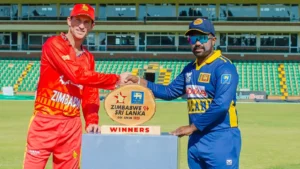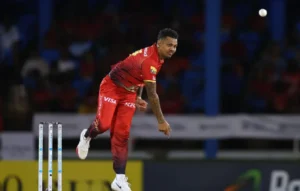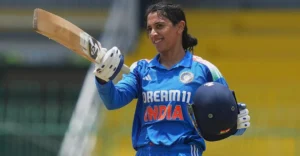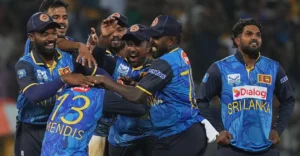Start of the stop-clock experiment T 20 Cricket.
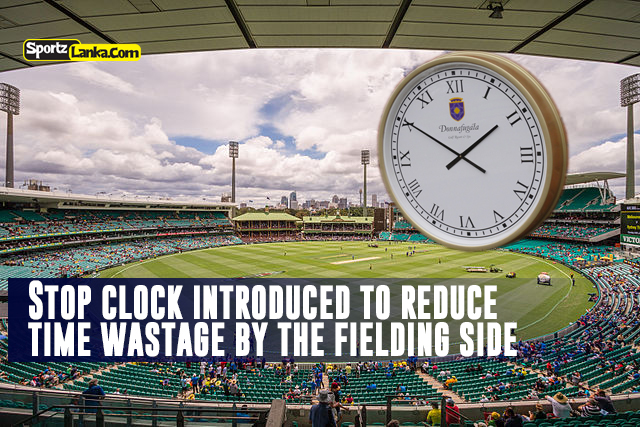
2023.12.11
The West Indies and England T20I series will mark the start of the stop-clock experiment.
Men’s T20Is and ODIs will play at a faster speed starting with a six-month trial.
A stop clock will be used for the initial time in global cricket on Wednesday during the opening Twenty20 International between the West Indies and England.
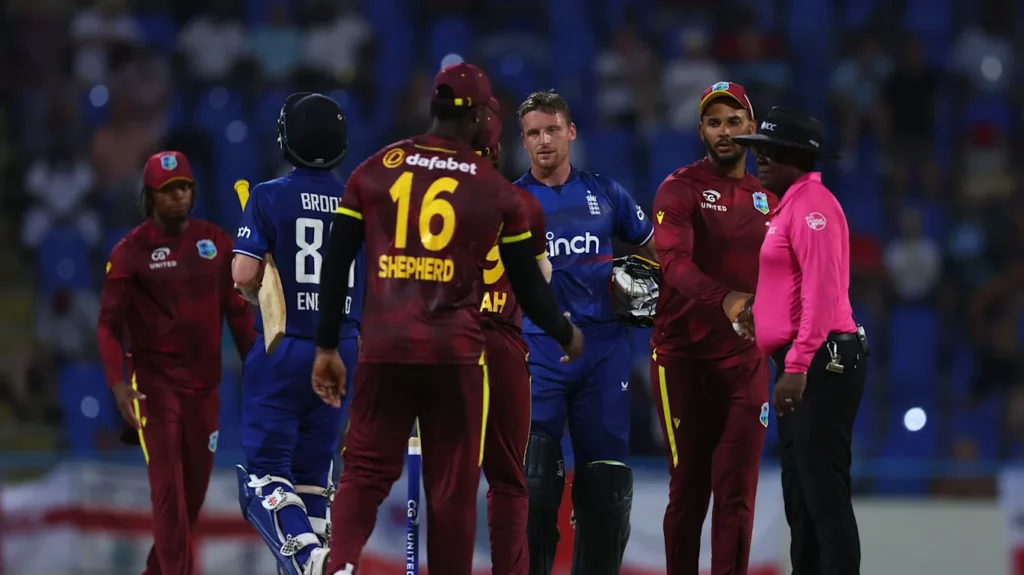
The stop clock is a component of a six-month trial that the ICC revealed last month with the goal of reducing the amount of time between overs and accelerating play.
After the previous over is ended, the bowling team has 60 seconds to get the first ball of their new over in the bowl. A third delay by the bowling side may result in a five-run penalty assessed against them following two warnings.
At the end of an over, a third umpire begins to count down the clock, and the countdown will be broadcast on the big screen at the stadium. If the batters have requested an equipment change, refreshments, or an injury break and the 60 seconds have expired, the fielding time will not be penalized.
If the bowler is ready but the batter is not, the match authorities will subtract the time allotted from the batting team. For example, if the batting team exceeds their allotted time by two minutes and is fielding second, that extra time will be subtracted from the total time, potentially resulting in both in-game and financial penalties if they fail to finish.
In addition to the ICC’s change in playing conditions from 2022, which required fielding teams to maintain one fewer fielder outside the circle in the last over of a game due to sluggish over-rates, the stop clock will currently only be used in men’s ODIs and T20Is. In addition to any financial penalties that teams may be required to pay for sluggish over-rates under the ICC’s playing rules, these in-game fines also apply.
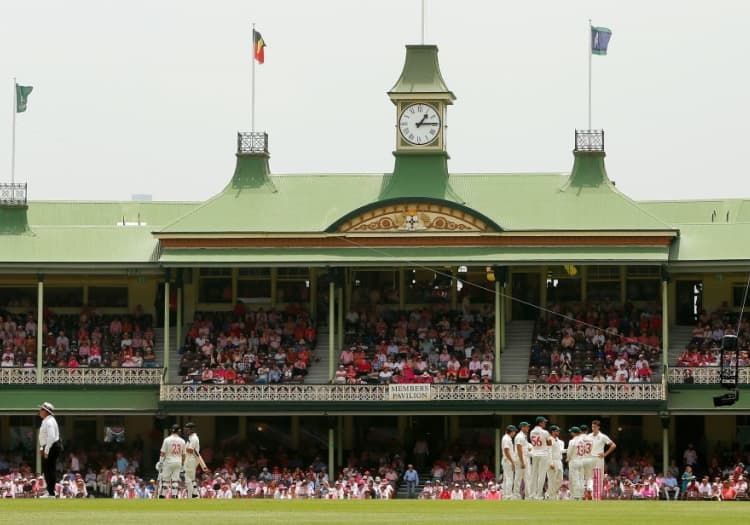
In sports, stop clocks used to expedite play are not new. A player has twenty-five seconds in between points in major tennis events to prepare to serve. In order to shorten the “dead-time” between overs in international matches, the MCC’s World Cricket Committee, which comprised Ricky Ponting, Saurav Ganguly, and Kumar Sangakkara among others, advocated the notion of a stop clock in 2018.
The five-match T20I series between West Indies and England runs from December 13 to December 22, with the sides playing the series opener in Bridgetown, then moving to St George’s for two fixtures and finishing the series with two matches in Tarouba.
@charith

